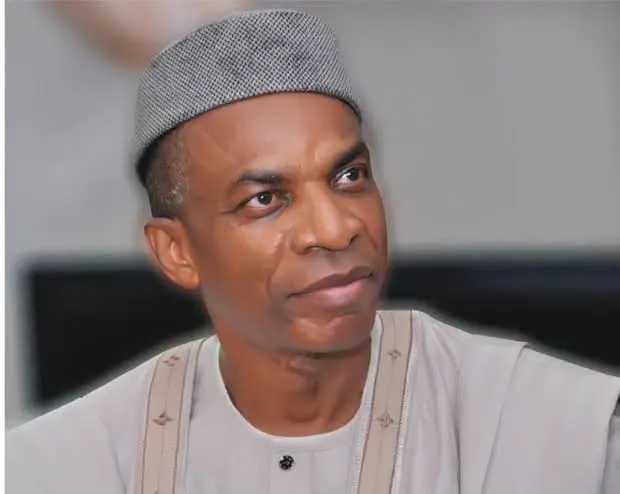The Nigeria Centre for Disease Control and Prevention (NCDC) has designated Ondo, Bauchi, and Edo states as the epicentres of the ongoing Lassa fever outbreak in the country.
Dr. Jide Idris, Director-General of the NCDC, announced this during a briefing in Abuja on Wednesday, stating that these three states account for over 70% of the confirmed Lassa fever cases reported in 2025.
Between January and the end of March 2025, Nigeria has recorded 660 confirmed cases of Lassa fever. Ondo State accounts for 30% of these cases, followed by Bauchi (25%) and Edo (16%), totaling 71%.
Lassa fever is a viral hemorrhagic disease transmitted primarily through contact with the urine or faeces of infected rats. It can also spread from person to person through bodily fluids, contaminated objects, or infected medical equipment. Symptoms include fever, sore throat, headache, vomiting, muscle pain, and, in severe cases, bleeding from body openings.
Dr. Idris reported that 122 deaths have been recorded thus far, resulting in a case fatality rate of 18.5%, an increase compared to the 17.5% recorded during the same period in 2024.
Read Also: Lassa Fever Cases Decline, but Fatalities Remain a Concern in 10 States
In response to the escalating situation, the NCDC has activated its Incident Management System to coordinate a nationwide multi-sectoral response across affected states. The agency has deployed National Rapid Response Teams to hotspot areas, trained healthcare workers on infection prevention and control, and scaled up community sensitisation efforts.
“As the cases surge in these epicentre states, our response is focused on early detection, case management, risk communication, and community engagement,” Dr. Idris stated. “The transmission remains active in multiple local government areas, with 28 states and 125 LGAs affected this year.”
The NCDC is collaborating with key partners, including the World Health Organisation (WHO), Médecins Sans Frontières (MSF), and the African Field Epidemiology Network (AFENET), to support surveillance, clinical care, and public awareness.
The agency is also supporting research efforts through the CEPI-funded Enable Lassa Fever Program 1.5 and the implementation of the Coalition for Epidemic Preparedness Innovations (COPE II) strategy to improve outbreak preparedness and response.
Dr. Idris emphasized the importance of early presentation to health facilities to reduce fatalities and announced plans to launch a Lassa fever advocacy toolkit and resume the monthly webinar series for continuous case management training for frontline health workers.
While the number of confirmed cases decreased from 41 in Week 12 to 14 in Week 13 of 2025, Dr. Idris urged Nigerians to remain vigilant, maintain proper hygiene, and avoid contact with rodents and their droppings.
“Our collective action is critical to ending this outbreak. We must act fast, together, and at every level of society,” Dr. Idris concluded.

